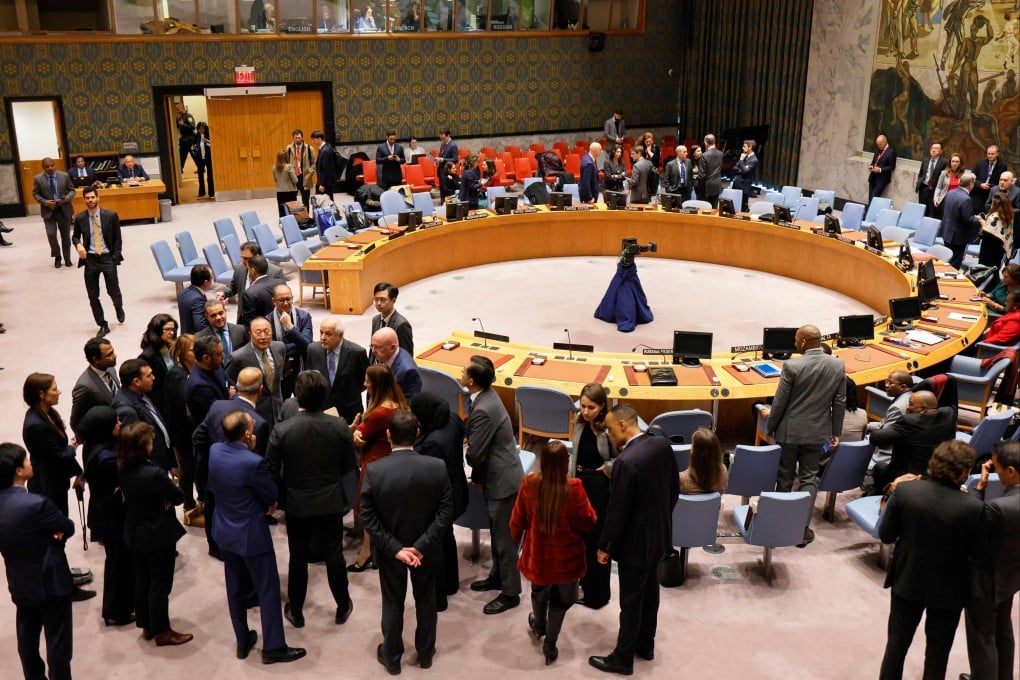Advertisement
Letters | Israel-Gaza war underlines urgent need for UN reform
- Readers discuss emergency powers for the UN General Assembly, a worrying election win in the Netherlands, and digital government
Reading Time:3 minutes
Why you can trust SCMP

Feel strongly about these letters, or any other aspects of the news? Share your views by emailing us your Letter to the Editor at [email protected] or filling in this Google form. Submissions should not exceed 400 words, and must include your full name and address, plus a phone number for verification.
The United Nations promotes global cooperation and addresses pressing international issues. However, calls for UN reform have increased sharply in recent years and gained significant traction.
In the context of the consistent vetoing of needed resolutions related to the Israel-Gaza war, on December 6, UN Secretary General Antonio Guterres invoked Article 99 of the UN Charter, which allows the secretary general to bring to the attention of the Security Council “any matter which in his opinion, may threaten the maintenance of international peace and security”. However, the five permanent members of the Security Council still have the right to veto resolutions.
Advertisement
For instance, the United States’ lone veto of a resolution calling for pauses in the war to enable the flow of humanitarian aid and of another resolution calling for a ceasefire in Gaza has only frustrated efforts towards ending the Israel-Gaza war. Another prominent example is Russia blocking resolutions related to its actions in Ukraine and aimed at ending the war in Ukraine.
These instances have led to renewed calls for change and reform in the UN, which Ukrainian President Volodymyr Zelensky has also echoed. In particular, there have been calls to allow a lone veto in the Security Council to be overridden by the General Assembly.
Advertisement
Notably, the UN General Assembly needs emergency powers to create legally binding emergency resolutions aimed at ending wars and conflicts, and providing the necessary humanitarian assistance to those affected. The concept of such emergency powers is controversial, primarily because of the risk of abuse and misconduct, so oversight and other measures to prevent this would be needed.
Advertisement
Select Voice
Select Speed
1.00x